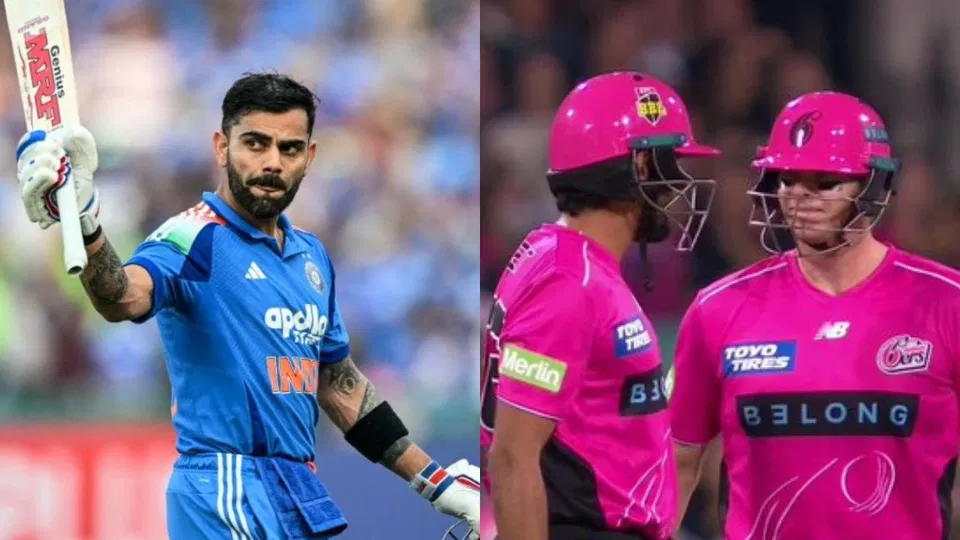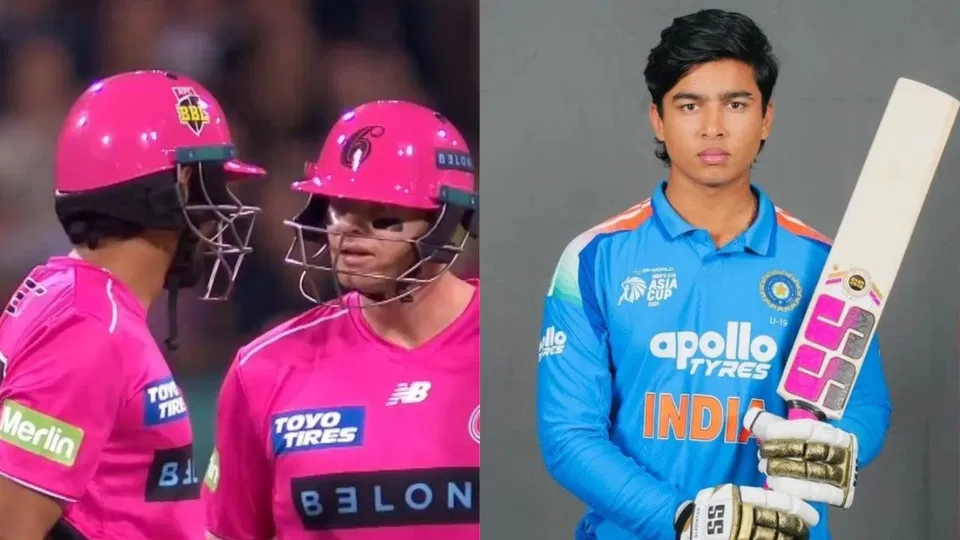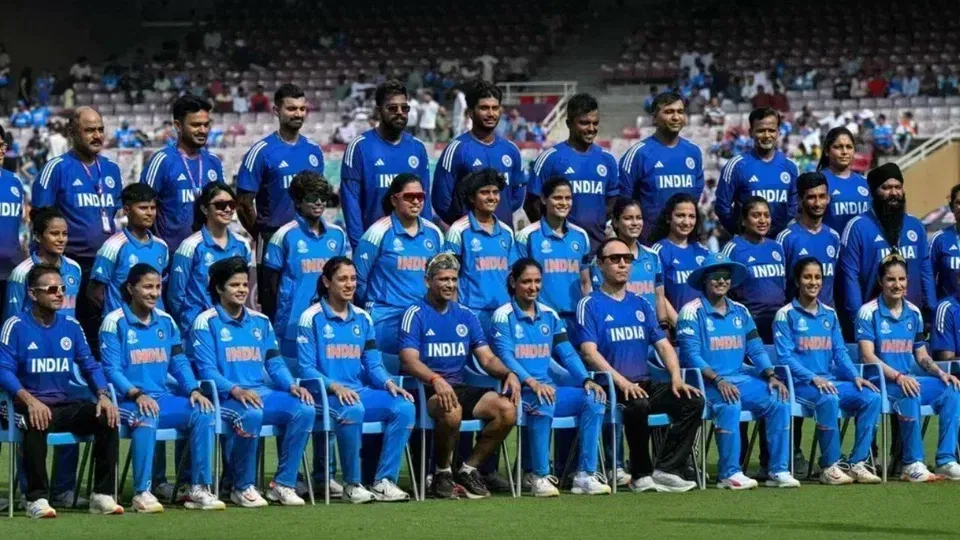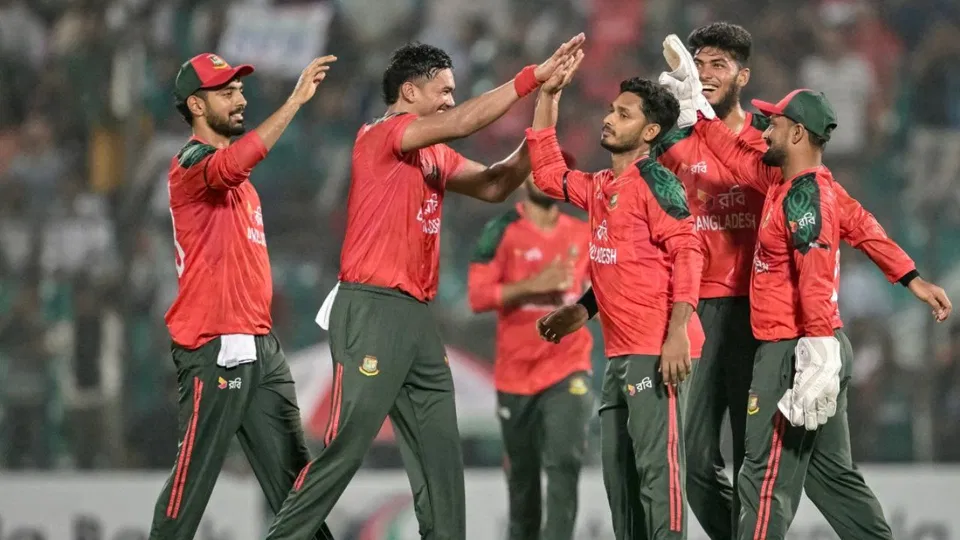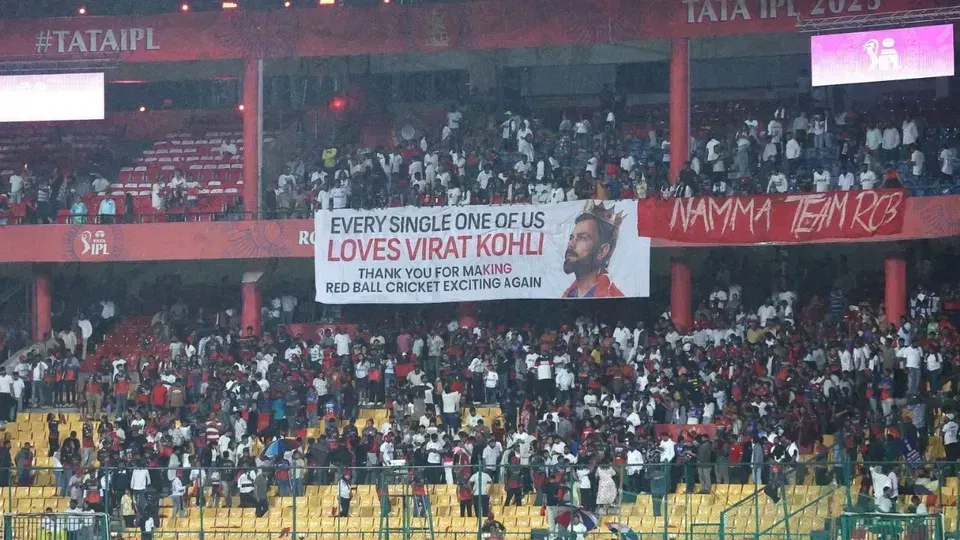CRICKET NEWS
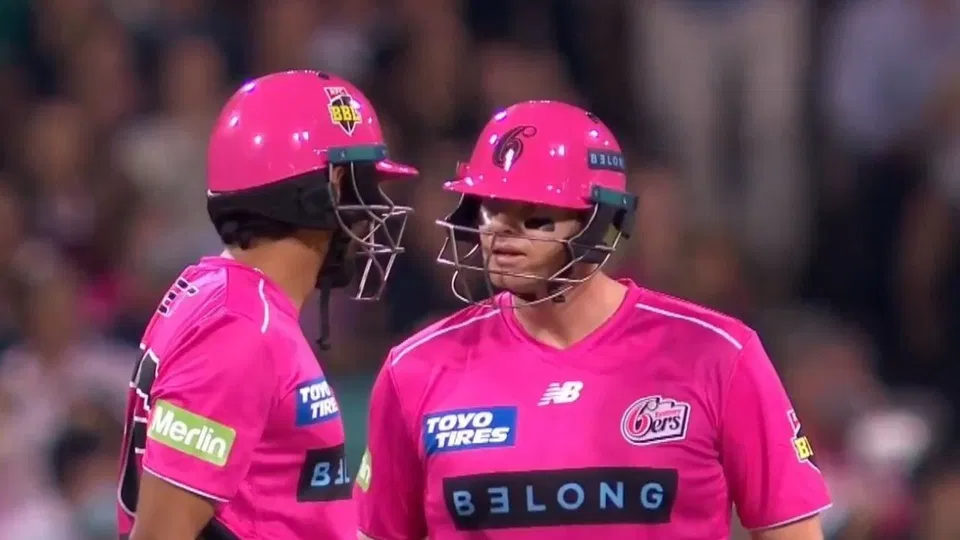
'Disrespected' Babar Azam creates dressing room ruckus over Steve Smith feud in BBL
Babar Azam was reportedly unhappy with Steve Smith after being denied a single during the Power Surge in the BBL match against Sydney Thunder.
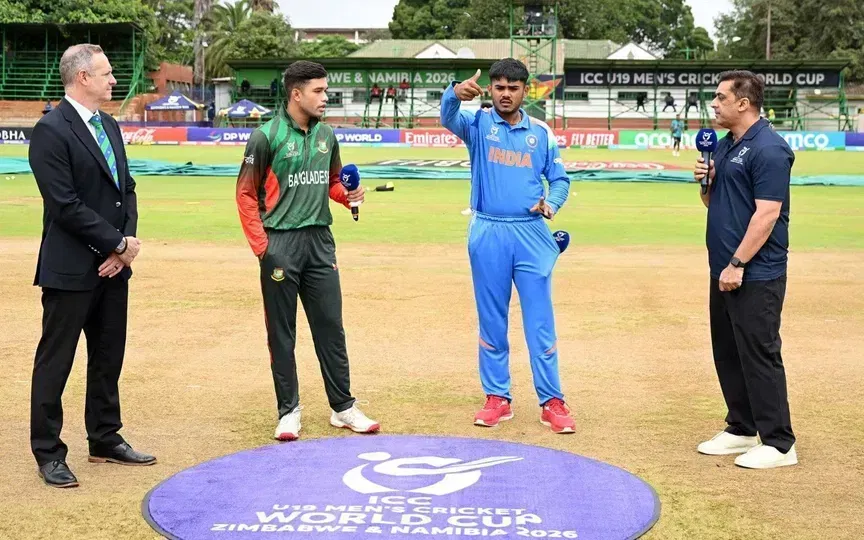
Handshake Refused! U-19 World Cup 2026 clash fuels India–Bangladesh controversy
India U-19 captain Ayush Mhatre and Bangladesh vice-captain Zawad Abrar did not shake hands at the toss during their U-19 World Cup clash on Saturday.

Bangladesh stoops low to block visa of Indian-origin ICC official amid T20 World Cup standoff
Bangladesh–India diplomatic tensions have spilled into cricket administration as ICC delegation was hit.
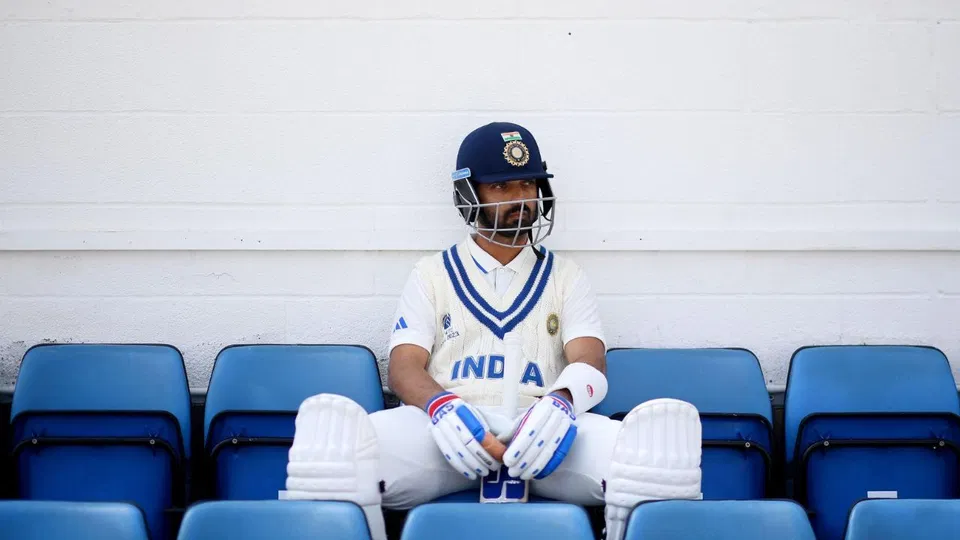
Ajinkya Rahane pulls out of Mumbai's remaining Ranji Trophy 2025-26 matches
Ajinkya Rahane has decided not to play in the remaining Ranji Trophy 2025–26 matches. He will miss Mumbai's upcoming league games against Hyderabad and Delhi.
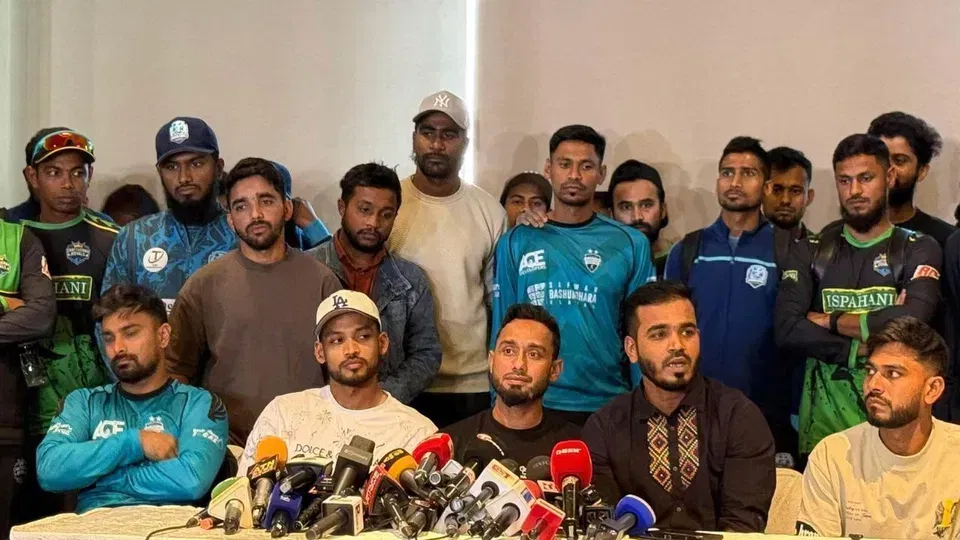
BCB breaks silence on Mohammad Mithun’s alleged life threat claims
The BCB has addressed Mohammad Mithun’s claim of receiving life threats, stating it is reviewing the matter seriously.
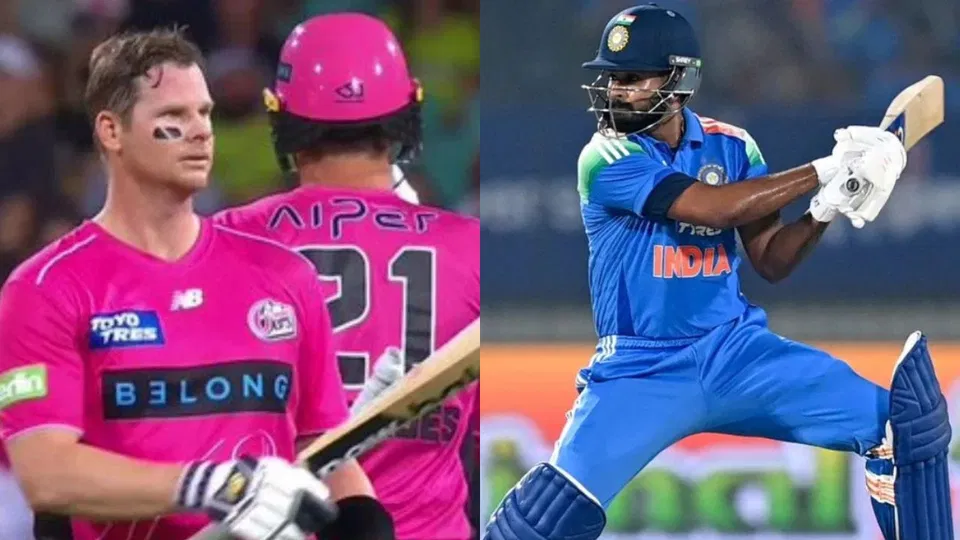
Steve Smith ton, Shreyas Iyer return and BPL resumes – January 16 Cricket highlights
A daily recap of five of the biggest cricket news that emerged out of Friday, January 16; from the T20I return of Shreyas Iyer to Steve Smith’s record-breaking BBL 2025-26
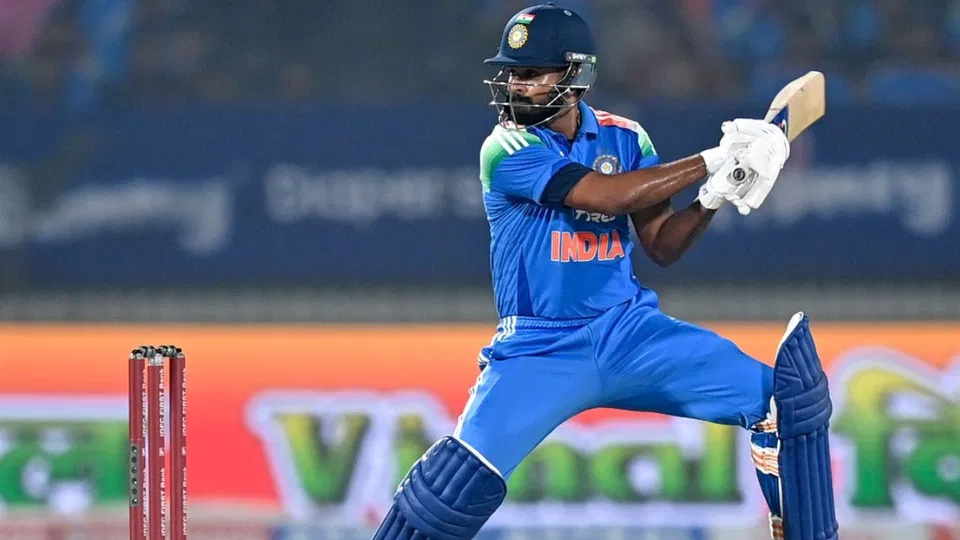
Shreyas Iyer returns, surprise name added as BCCI makes 2 changes in India squad for NZ T20Is
In a significant development, the BCCI has made two changes to India's 15 member squad for T20I series against New Zealand starting from January 21.

MI London appoint Kieron Pollard as head coach for The Hundred 2026
The MI London franchise appoint new head coaches for the men’s as well as women’s teams for the upcoming The Hundred 2026 season.
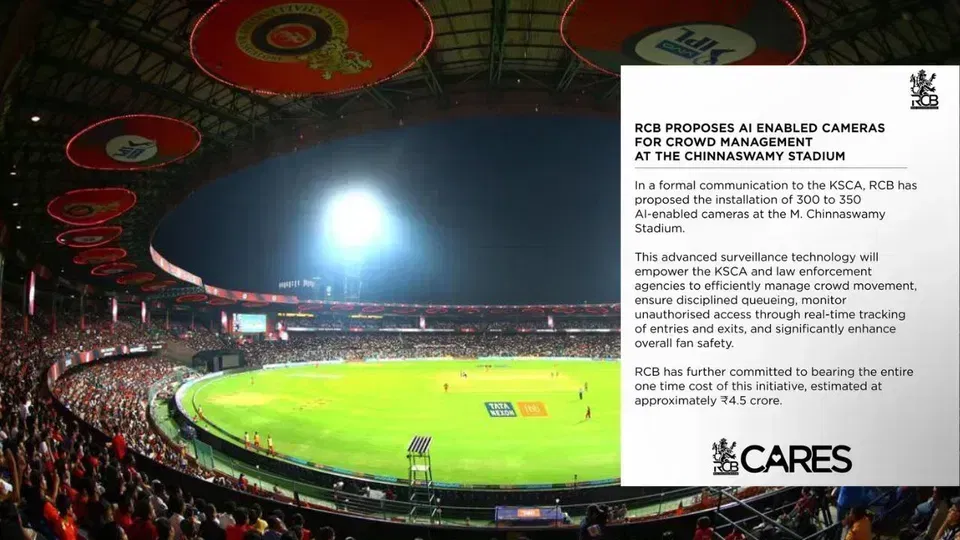
RCB proposes bold ₹4.5 Crore safety push at Chinnaswamy amid IPL 2026 uncertainty
Royal Challengers Bengaluru (RCB) are stepping in to ensure safety measures are heightened at Chinnaswamy Stadium after stampede incident.
